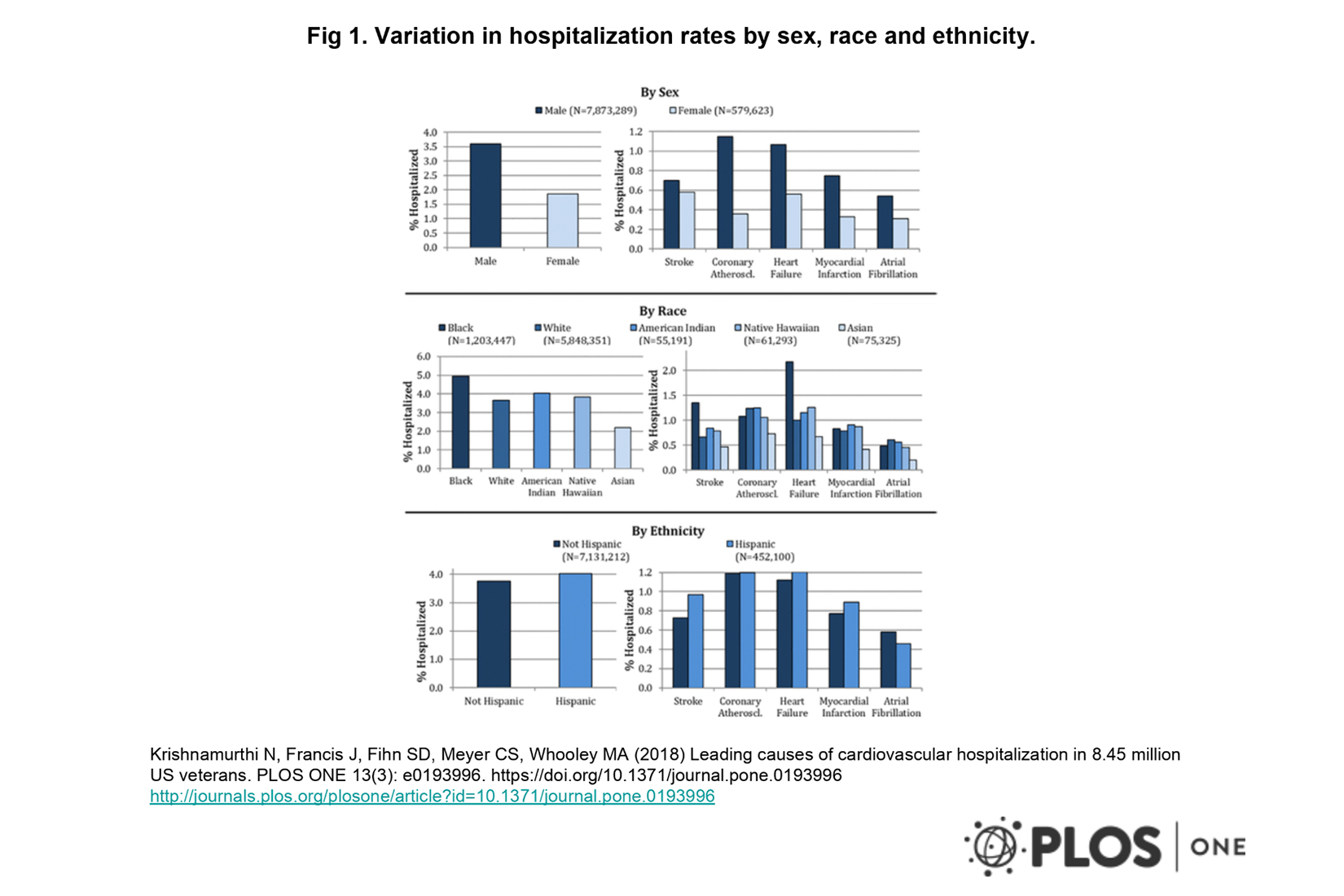ST. LOUIS—Current clinical guidelines recommend the use of beta blockers in all heart failure patients with with reduced ejection fraction (HFrEF).
Which beta blocker to use—carvedilol or metoprolol succinate—remained unclear, however, according to a recent article in the American Heart Journal. To help answer that question, St. Louis University School of Medicine and Richard L. Roudebush VAMC researchers sought to compare survival benefit of carvedilol to metoprolol succinate.1
The study team queried the VA database to identify 114,745 patients diagnosed with HFrEF from 2007 to 2015 who were prescribed carvedilol and metoprolol succinate. Carvedilol and metoprolol patients—nearly 44,000 of each—were compared and analysis was used to calculate survival probability and hazard ratio.
At the same time, subgroup analyses were carried out separately for men, women, elderly veterans, those with duration of therapy of more than three months, and diabetic patients.
Results indicated that the adjusted hazard ratio of mortality for metoprolol succinate compared to carvedilol was 1.069 (95% CI: 1.046-1.092, P value: < 0.001). The carvedilol group had higher survival probability at six years compared to the metoprolol succinate group (55.6% vs 49.2%, P value < 0.001).
The difference remained after subgroup analysis for males, patients of any age, those undergoing therapy for more than three months and nondiabetic patients, the researchers reported.
“Patients with HFrEF taking carvedilol had improved survival as compared to metoprolol succinate,” study authors concluded. “The data supports the need for furthering testing to determine optimal choice of beta blockers in patients with heart failure with reduced ejection fraction.”
Whatever the beta blockers used, the same researchers determined in another study that more appeared to be better. That report, published in the American Journal of Cardiology, also looked at the veteran population to determine optimal beta blocker use in HFrEF in atrial fibrillation (AF).2
All patients diagnosed with HFrEF from 2007 to 2015 in AF were identified through the VA databases, and 12,232 patients on low dose beta blocker—carvedilol or metoprolol succinate—were matched with as many patients on high dose beta-blocker using propensity score matching.
Researchers determined that high doses of beta blockers were associated with lower overall mortality as compared to low doses (HR: 0.77, 95% CI: 0.74-0.80, p<0.01). “Higher dose of beta blocker therapy and a lower achieved [heart rate] were both associated with a reduction in mortality in HFrEF patients with AF,” the study authors concluded.

1. Ajam T, Ajam S, Devaraj S, Mohammed K, Sawada S, Kamalesh M. Effect of carvedilol vs metoprolol succinate on mortality in heart failure with reduced ejection fraction. Am Heart J. 2018 May;199:1-6. doi: 10.1016/j.ahj.2018.01.005. Epub 2018 Jan 31. PubMed PMID: 29754646.
2. Ajam T, Ajam S, Devaraj S, Fudim M, Kamalesh M. Effect on Mortality of Higher Versus Lower β-Blocker (Metoprolol Succinate or Carvedilol) Dose in Patients With Heart Failure. Am J Cardiol.em> 2018 Jun 21. pii: S0002-9149(18)31221-9. doi: 10.1016/j.amjcard.2018.05.038. [Epub ahead of print] PubMed PMID: 30049457.

